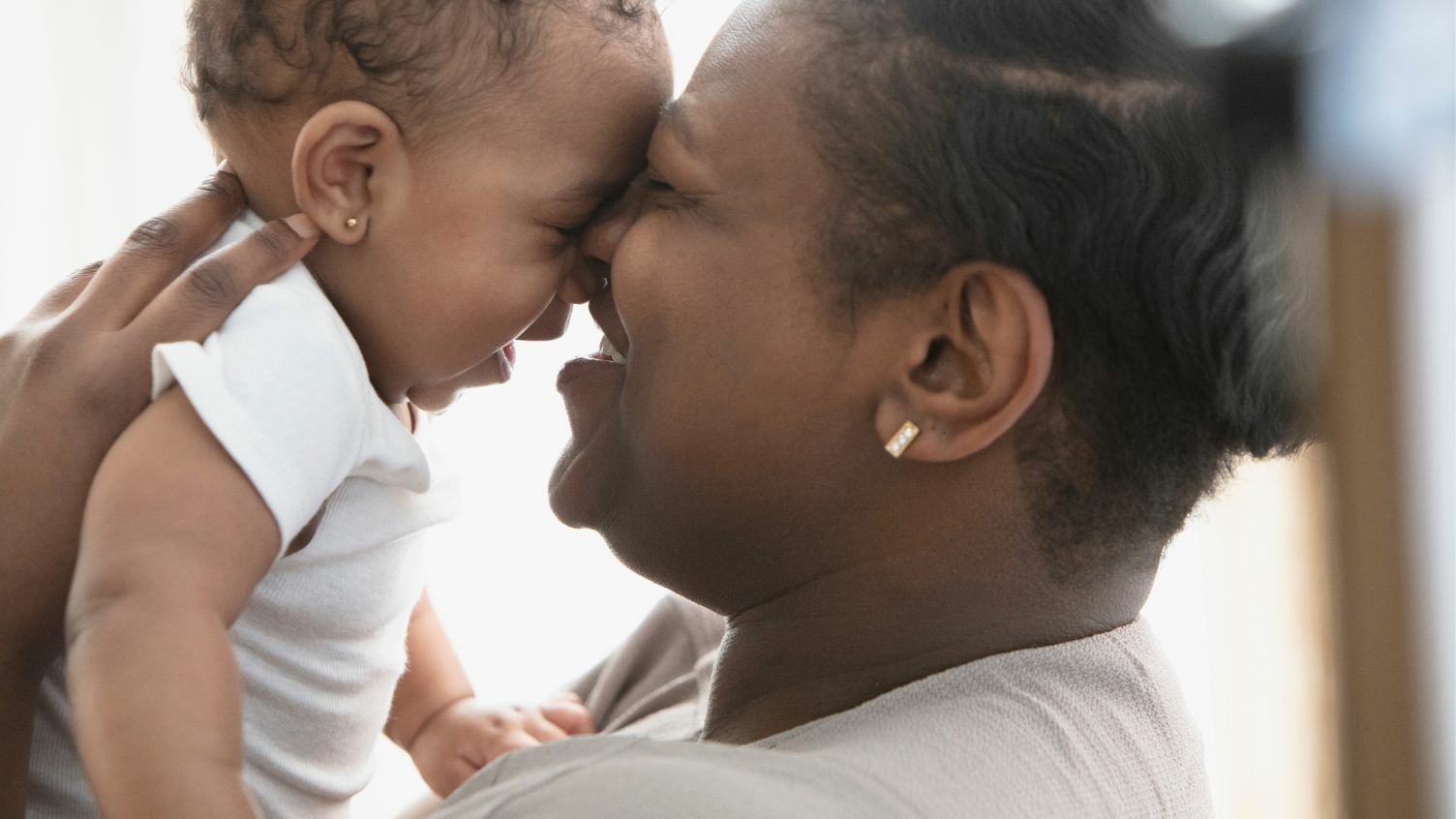Being part of the fight against coronavirus
- 28 July 2020
- 2 min read
Nicola Whitehill is, in her own way, part of the fight against coronavirus.
CRN North Thames Research Champion Nicola sits on a National Institute for Health Research committee which reviews new coronavirus trials.
Backed by a team of experts, Nicola helps to review the trials as part of the committee.
“I am honoured to be a patient public voice on the NIHR Covid-19 Urgent Public Health committee. I have taken part in several virtual meetings where a range of clinical trial proposals have been scrutinised by a robust multi-disciplinary expert team,” explained Nicola.
“I am grateful that my personal experience of taking part in several clinical trials, along with living with a systemic ‘little known about’ disease, as well as, being a biology graduate and non-practising barrister, enable me to assist in the best way my skill set allows.”
Nicola, who lives with the debilitating rare autoimmune condition, scleroderma, has had to adjust to the pandemic. Some of her medical appointments have transferred to telephone appointments, and some have been postponed. She has been shielding during the pandemic because of an impaired immune system.
She has also had huge difficulty with ordering groceries online, due to a lack of slots being available.
“On a psychological level, the pandemic has further amplified how vulnerable my disease and health condition make me,” Nicola said.
“I have no family for support. I can go for many days whereby I will not physically speak with anyone. The internet has been a huge lifeline for me. I am grateful to live in Southport, on the north west coast, near the protected sand dunes, with my dogs.”
When Nicola was diagnosed with scleroderma in 1997, her prognosis was bleak. She was told she would have about 15 months to live.
The condition, also known as systemic sclerosis, is caused by the immune system attacking the connective tissue under the skin and around internal organs and blood vessels. This causes scarring and thickening of the tissue in these areas.
In some cases of systemic sclerosis, organs such as the heart, lungs or kidneys are affected. This can cause a range of potentially serious problems, such as shortness of breath, high blood pressure and pulmonary hypertension (high blood pressure in the lungs). There is no cure.
After transferring her care to London’s Royal Free Hospital and Professor Chris Denton and his team in 1998, access to new treatments through research helped to save her life and helped her achieve her personal life dream of becoming a barrister.
Her long experience of research not only motivated her to become a Research Champion, but also makes her keenly aware of how vital a tool research is in the fight against COVID-19.
“It’s great to see the world focussing on global medical research, and the global ‘coming together’ for this, including pharmaceutical companies working alongside scientists,” Nicola said.
“Several of the drugs being trialled are routinely used for scleroderma and other autoimmune conditions.
“The average person in the street now knows what an antibody is and the UK is ramping up its diagnostic capability. These are all encouraging advancements and show how important research is in this fight.”
You can read more, in Nicola’s blog.
To find out more about research taking place in your area, visit the Be Part of Research website.


